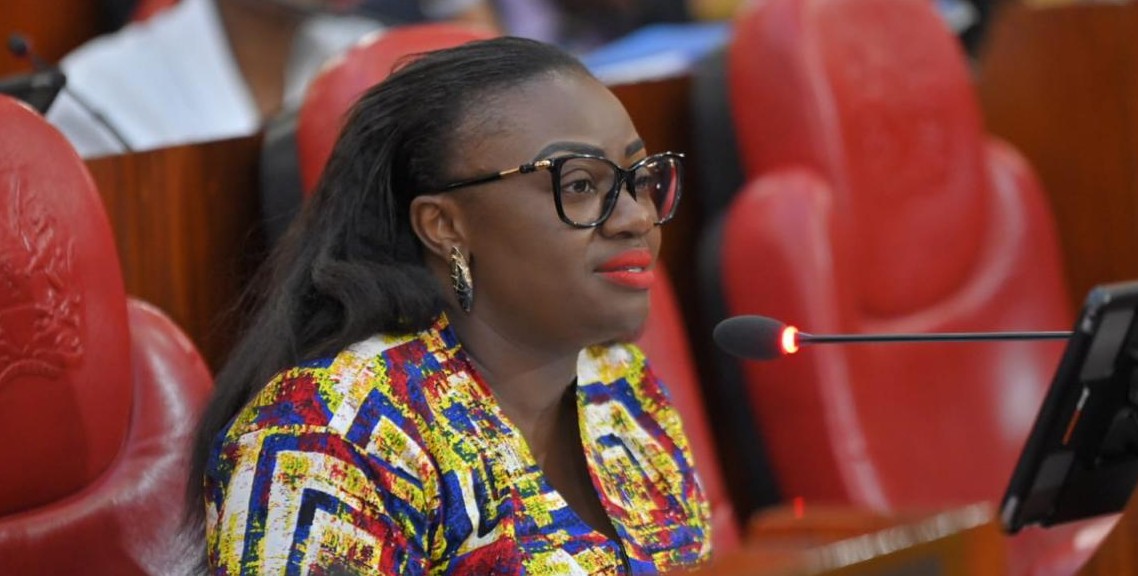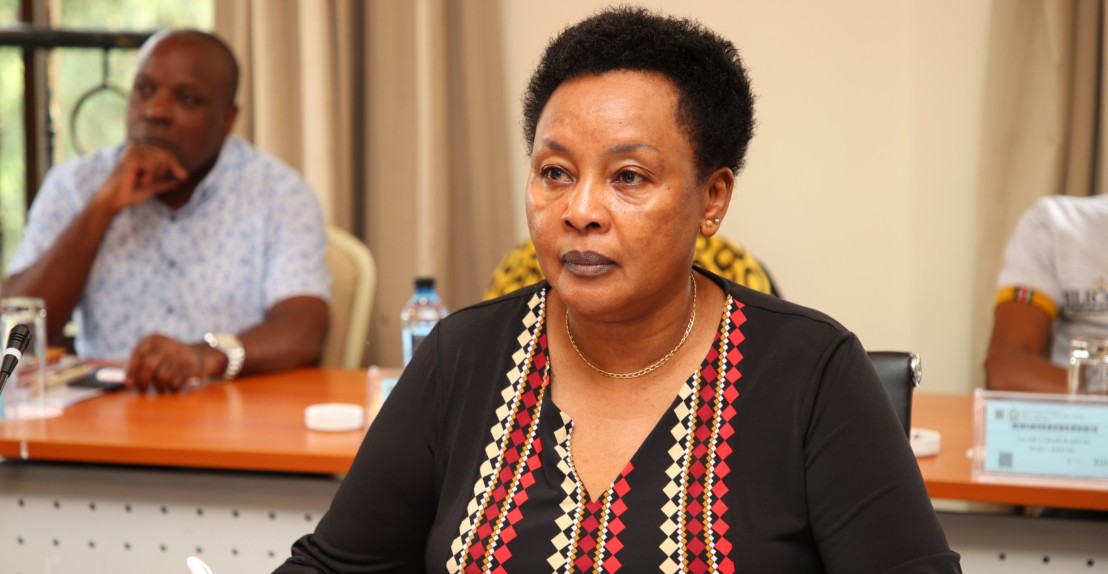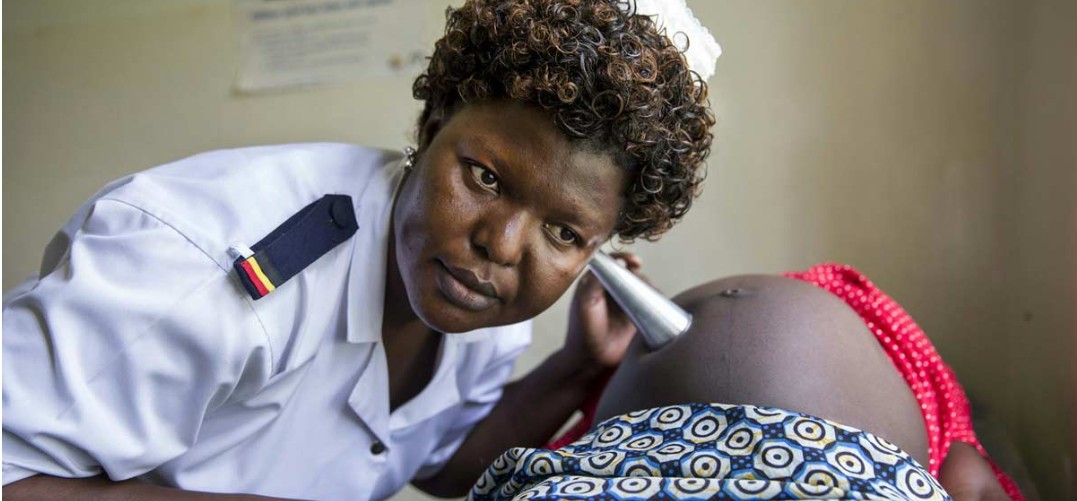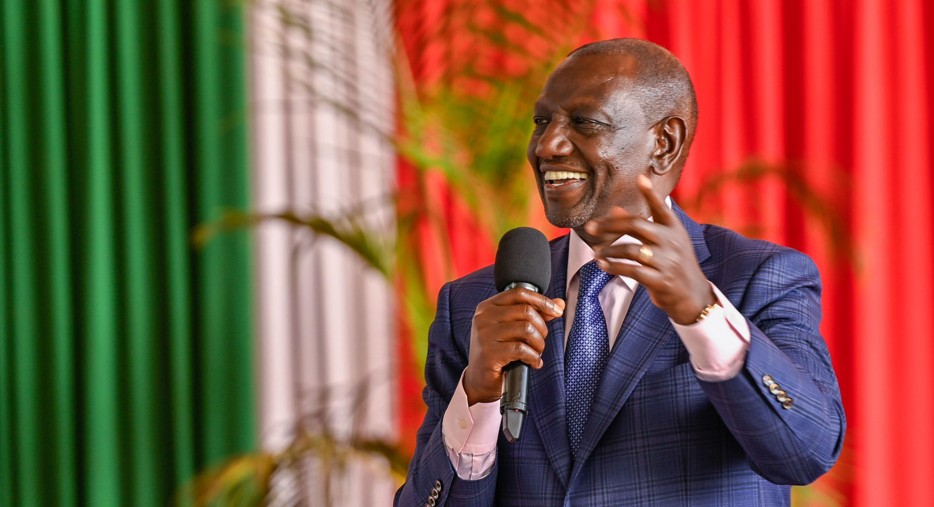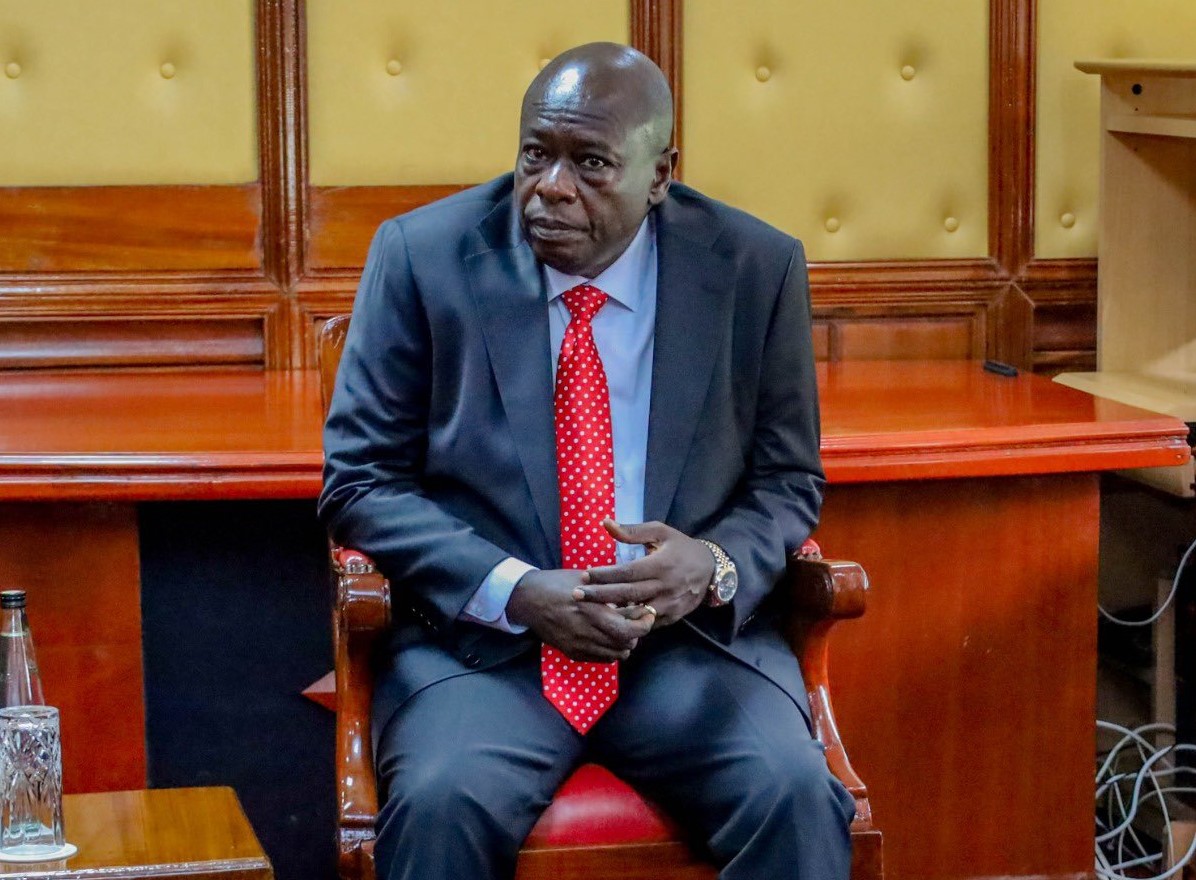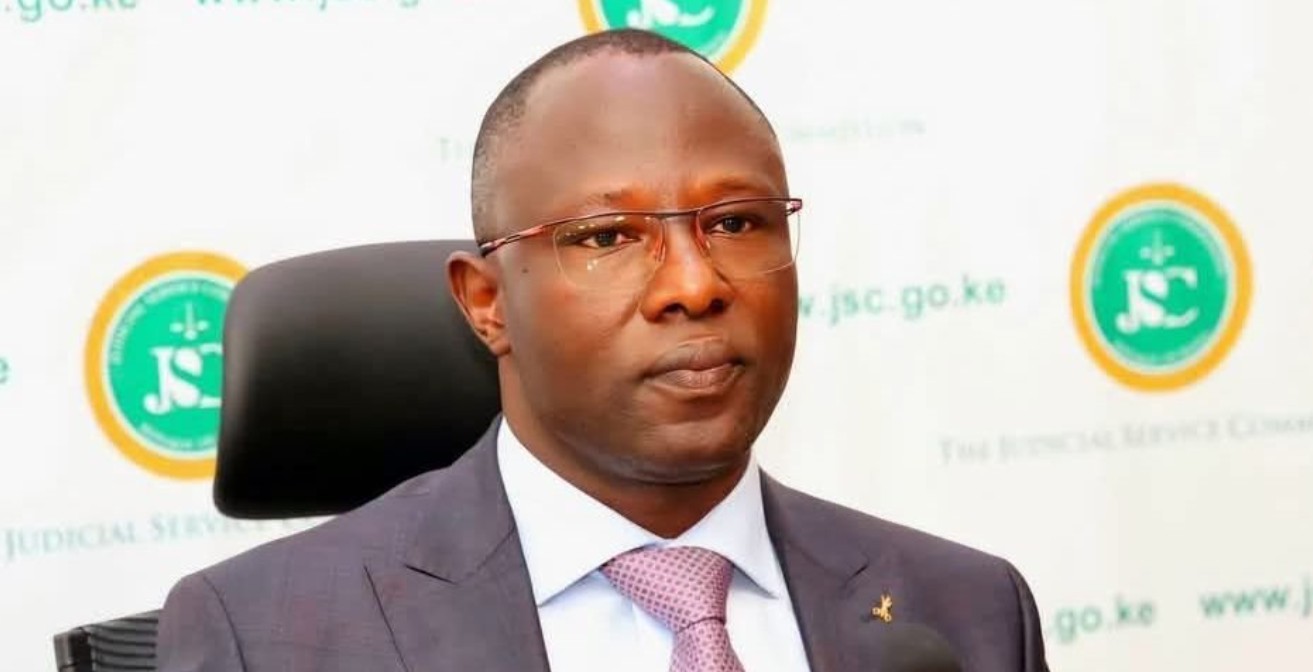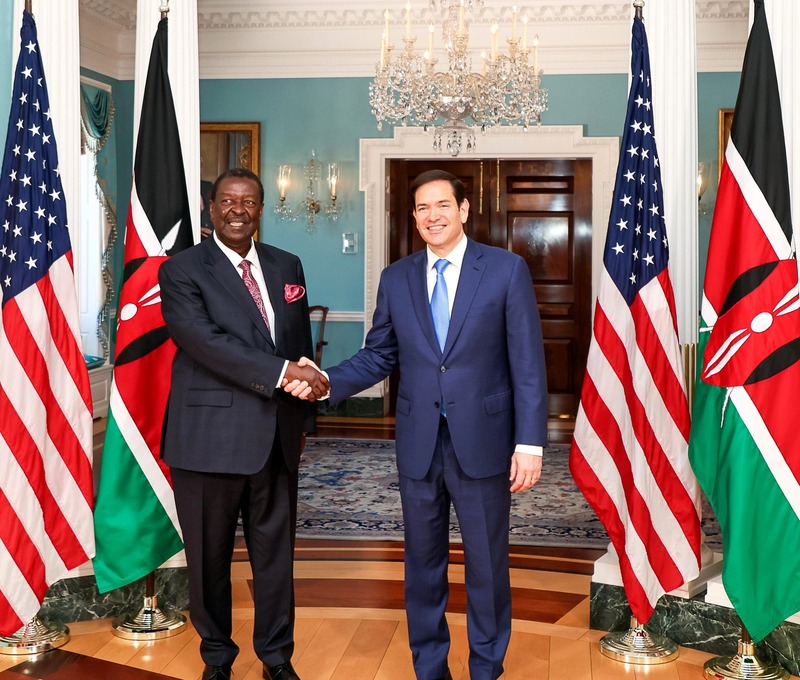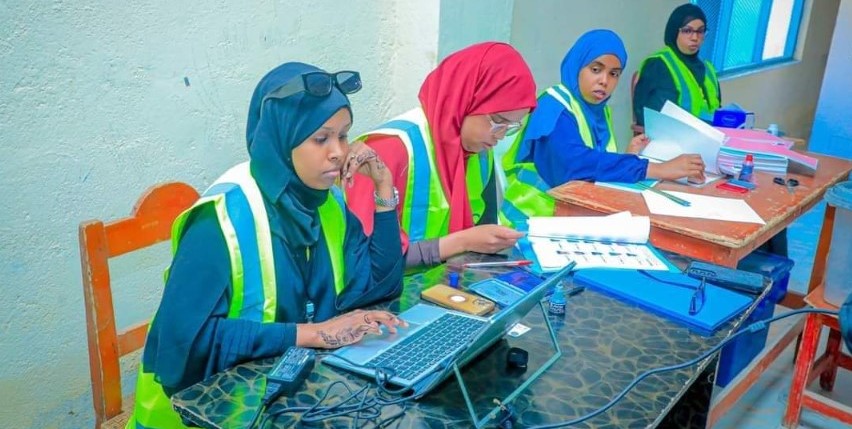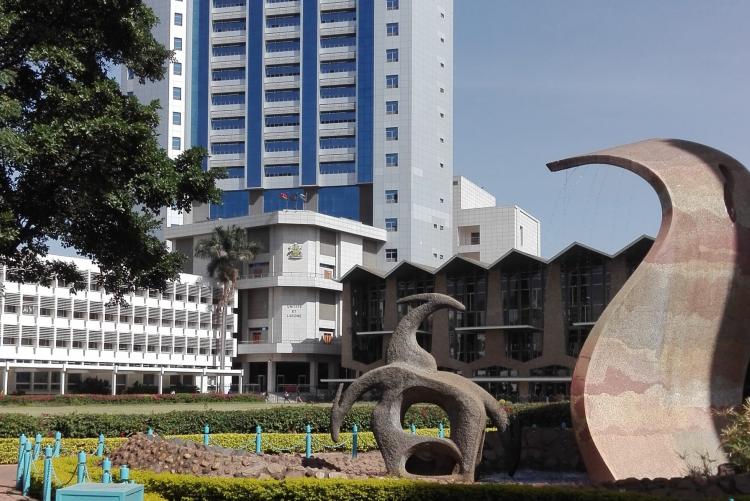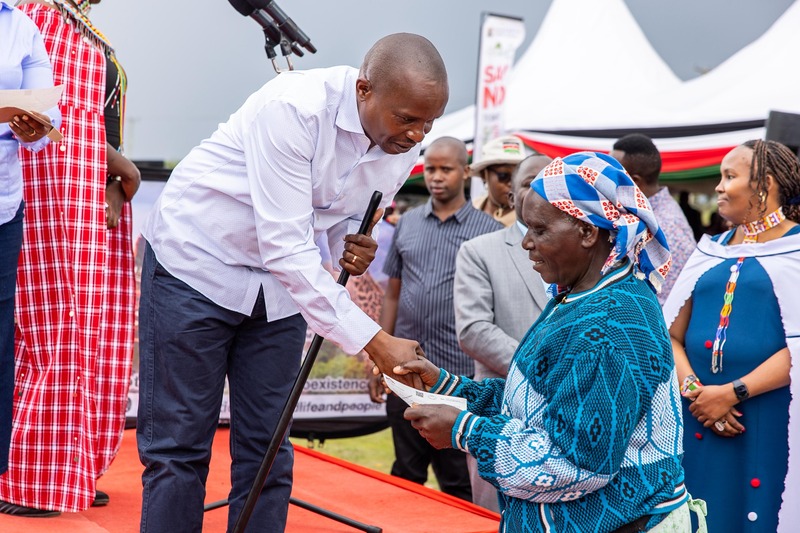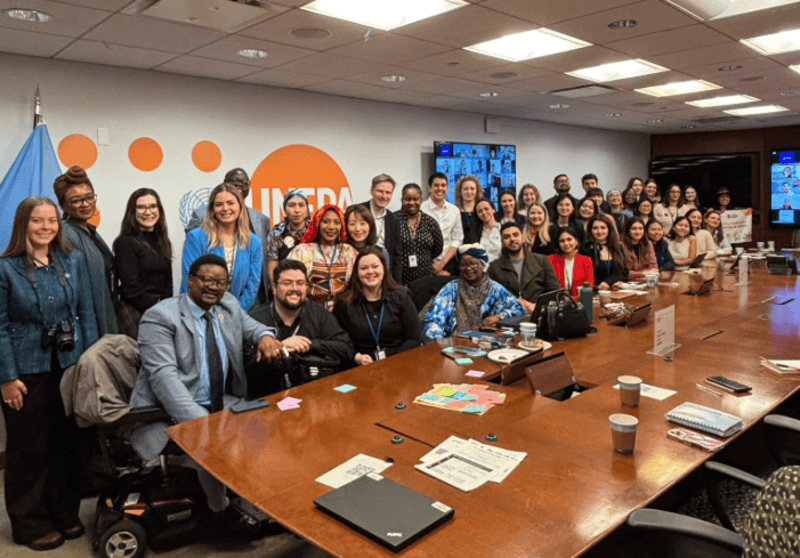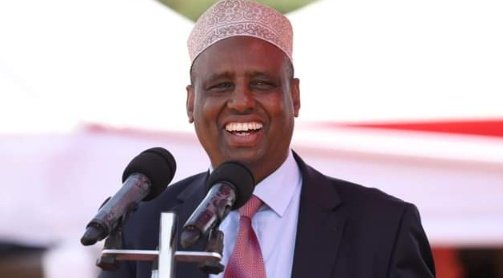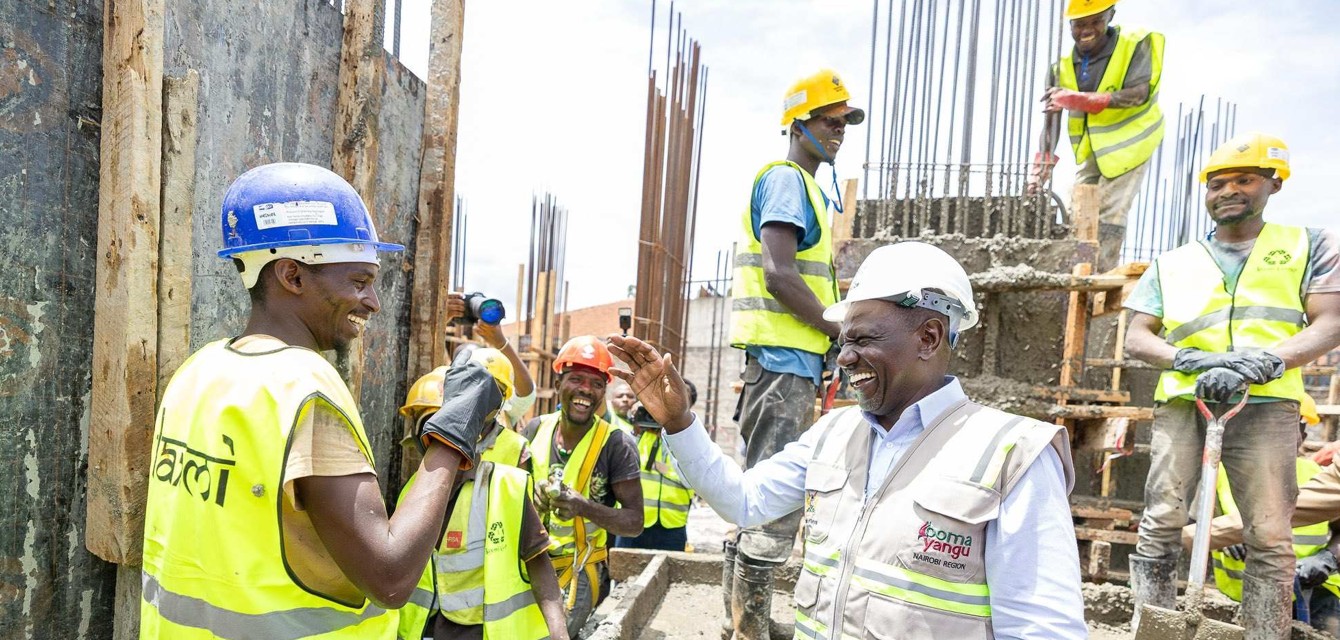NCPWD launches disability inclusion report, calls for county action
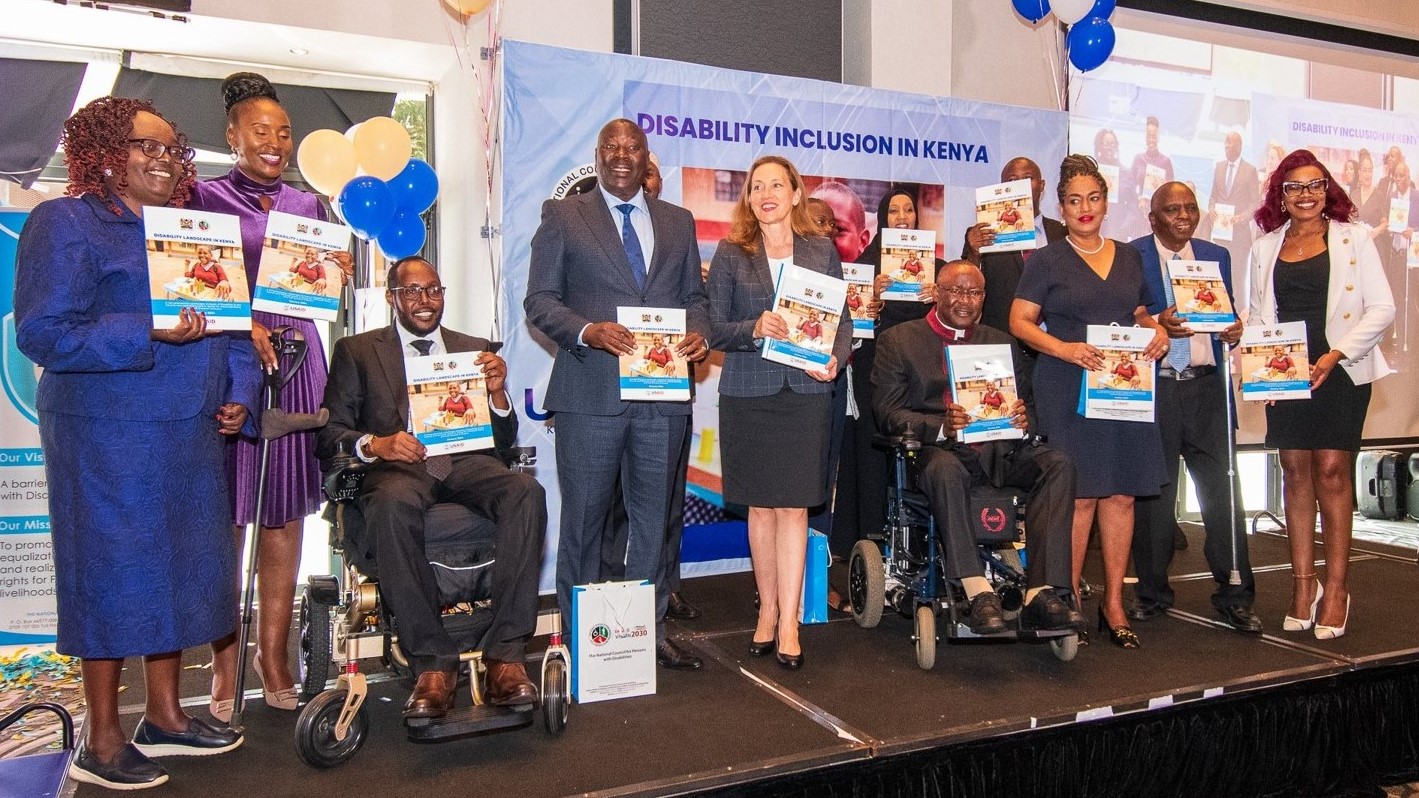
With the report as a guide, NCPWD Chief Executive Officer Harun Hassan asked county officers to act as ambassadors of change.
The National Council for Persons With Disabilities (NCPWD) on Monday launched a report that it hopes will help enhance disability inclusion in Kenya and lead to equal access to opportunities as well as adequate representation.
More To Read
The Disability Landscape Analysis Report, 2024 provides a comprehensive overview of the landscape of disability in Kenya, with a focus on social inclusion and progress made in promoting the rights of PWDs.
It urges a sharper focus on closing gaps in disability inclusion, particularly in counties, and asks them to get equipped with accurate disability data for proper planning.
Key highlights
The report found that the disability landscape in Kenya is intricate and involves stakeholders from the government, non-governmental organisations, development partners and the private sector.
It also acknowledges that the national and county governments offer diverse support for PWDs, including education assistance, infrastructure and equipment support, social protection including cash transfers, assistive devices/technologies provision, and rehabilitative services.
However:
- Funding for the needs of all PWDs, at both the national and county levels, remains inadequate.
- The majority of counties lack proper legislation, policies, and guidelines, which hinders the effective and meaningful inclusion and participation of PWDs.
- PWDs face significant physical, informational, communication, institutional, socio-cultural, and economic barriers that limit their access to services and participation in governance and development processes.
- There are weak monitoring systems for tracking the progressive realisation of the rights of PWDs, with no integrated national monitoring and evaluation framework.
- The adoption and utilisation of information and communications technology and digital technologies are recognised as crucial for enhancing PWDs' access to services and involvement in governance.
Counties as allies
With the report as a guide, NCPWD Chief Executive Officer Harun Hassan asked county officers to act as ambassadors of change, spreading the gospel of inclusion in programmes and policies in their counties. He noted that county governments are allies in eradicating the challenges PWDs in Kenya face.
Hassan also urged PWLDs to register via the eCitizen platform, which he noted has eased the process and made it easy to access services independently.
"In line with the presidential directive on easing access to services through digitisation, we have onboarded the registration process on eCitizen - making it possible for persons to apply from the comfort of their mobile devices provided they have the necessary documentation," he said.
"Because of this development, about 7,600 submissions have been made, because the power is now in the hand of the client. Because of this, one Richard Ekiru from the vast Turkana County, offering his compliments after receiving his disability certificate on the eCitizen said, 'Gone are the days when we waited months to get disability cards'."
"The launch of the disability landscape analysis report in Kenya is a game-changer. This will guide @Ncpwds in collaborating with stakeholders to pave the way for meaningful inclusion of persons with disabilities"-@Harunassan #Nothingforuswithoutus pic.twitter.com/wLVzTrCVj0
— ncpwds (@Ncpwds) February 12, 2024
Rural areas suffer more
In his address, Westlands MP Timothy Wanyonyi, chairman of the Kenya Disabled Parliamentary Caucus, urged unity in eliminating the barriers that have held PWDs back.
"I am excited for the launch of the landscape analysis report on disability. This will guide policymakers to create programmes that empower PwDs and achieve true social inclusion for all," he said.
He added, "There are PWDs in Nairobi but the bigger problem is in the rural areas where people don’t have access to basic needs. As we go back to Parliament, this report will be put on the list of priorities so that we can implement it, improve it and align it with the constitution. We must have inclusivity for PWDs. We must have their voices at every level."
Bishop Emeritus Jackson Kosgei said, "This report brings policymakers and stakeholders together to build a truly inclusive society for persons with disabilities".
"Let's turn data into action and achieve," he said.
Thika MP Alice Nganga said the state needs to include PWDs in policy-making to ensure their issues are addressed.
She also called for the promotion of research and the continuous updating of statistics on PWDs to ensure policymakers approach advocacy and other issues from a point of knowledge, and enhance resource mobilisation for effective service delivery.
Building policies
Nairobi Woman Representative Esther Passaris said a key finding was that many PWDs are unaware of the tax exemptions available to them.
"To exacerbate matters, the reapplication process every five years sometimes results in denial. We truly must do more to drive disability inclusion," she said.
Social Protection Principal Secretary Joseph Motari said the report will map the path to social inclusion for all Kenyans with disabilities.
According to the World Health Organization (WHO), more than 1.3 billion people in the world live with a disability. This forms the world's largest minority group at 16 per cent of the global population.
The 2019 Kenya Housing and Population Census found that the country has an estimated 0.9 million PWDs, equal to 2.2 per cent of the population, which was about 51 million as of 2021.
"Let's use this data to build policies that guarantee equal access, opportunity, and participation," Motari said.
USAID Director of Democracy and Governance Kimberly Ludwig was also present.
"The launch of Kenya's disability landscape report will unite development partners for an inclusive future! This report is key to ensuring ALL Kenyans with disabilities, can thrive"
— ncpwds (@Ncpwds) February 12, 2024
-Kimberly Ludwig, Director of Democracy and Governance @USAIDKenya#NothingforUsWithoutUs pic.twitter.com/N9UXRN7fYJ
Businesswoman Kristina Pratt called for concerted efforts to realise "real social inclusion" for PWDs.
NCPWD Chairperson Elizabeth Chesang and nominated Senator Catherine Mumma were also present.
Top Stories Today

